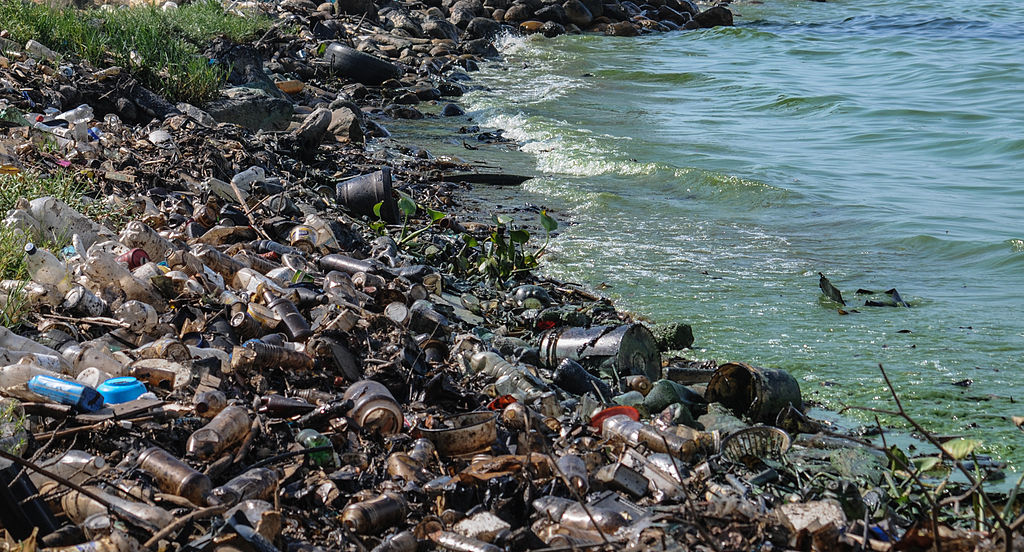
As a result of the issue, many individuals are in danger of having their drinking water contaminated. This article outlines the fundamentals of water pollution cases, including what you should do if you own a business that uses groundwater resources or a property with a private well.
Legal action for water pollution
A water pollution lawsuit is a formal legal proceeding in which a plaintiff alleges a defendant has committed legal wrongs. Whoever complained is known as the “plaintiff,” while the “defendant” is held accountable for the alleged crime.
Damages may be awarded if it can be shown that the defendant acted negligently and caused harm or harm to others, for example, by polluting water supplies.
Who can bring a lawsuit under the Water Containment Act?
Litigation involving water pollution falls into two categories. The first is when a private citizen or company is responsible for environmental damage after being poisoned by a chemical initially intended for human use.
The second is when an enormous business has polluted the water source that supplies the well on their property. A person must have suffered some harm or disease within 6 months of exposure to launch a claim related to water pollution.
Litigation Expenses and the Law
It may cost the plaintiff something to file a camp Lejeune water contamination lawsuit over water contamination, depending on the state and the person bringing the complaint. Litigation may be a waste of money if it only results in a few thousand dollars in damages, but in certain circumstances, it may cost as much as $600,000.
It’s commonly known that the price of a lawsuit will usually outweigh any compensation you could receive. There are cases in which litigation expenses outweigh the damages received.
If the defendant is found not guilty of all counts and is awarded damages, here is an illustration of such a scenario. The defendant’s attorney may seek reimbursement for his time and resources by having the plaintiff’s counsel pay for some or all of his legal expenses.
Preparing for a Lawsuit: What to Anticipate
When bringing legal action against a business or an individual, it’s essential to gather evidence that may be used as proof in court. If you want to sue someone for polluting your water supply, you need to know what evidence the court will wish to use and how to proceed with the case.
Claims of water contamination: some advice
Knowing the fundamental laws in effect in your state is crucial when dealing with a pollution case. If you are sued for water pollution and have no idea it occurred, you will likely not be held responsible for any damages.
This is the reason why so many people face water pollution lawsuits. Again, state laws vary, so check those in your home state to see your options.
Conclusion
Lawsuits alleging water pollution are commonplace nowadays. If you or a loved one has been exposed to harmful water levels, your first step should be to speak with an attorney. The next step is to gather all the data you’ll need, such as the time and duration of exposure and the constituents of the water.
The third step is to request medical records if possible. The fourth step is to compile any supporting proof you can find, including pictures or receipts. Last but not least, you should do it promptly if you decide to file a case.
